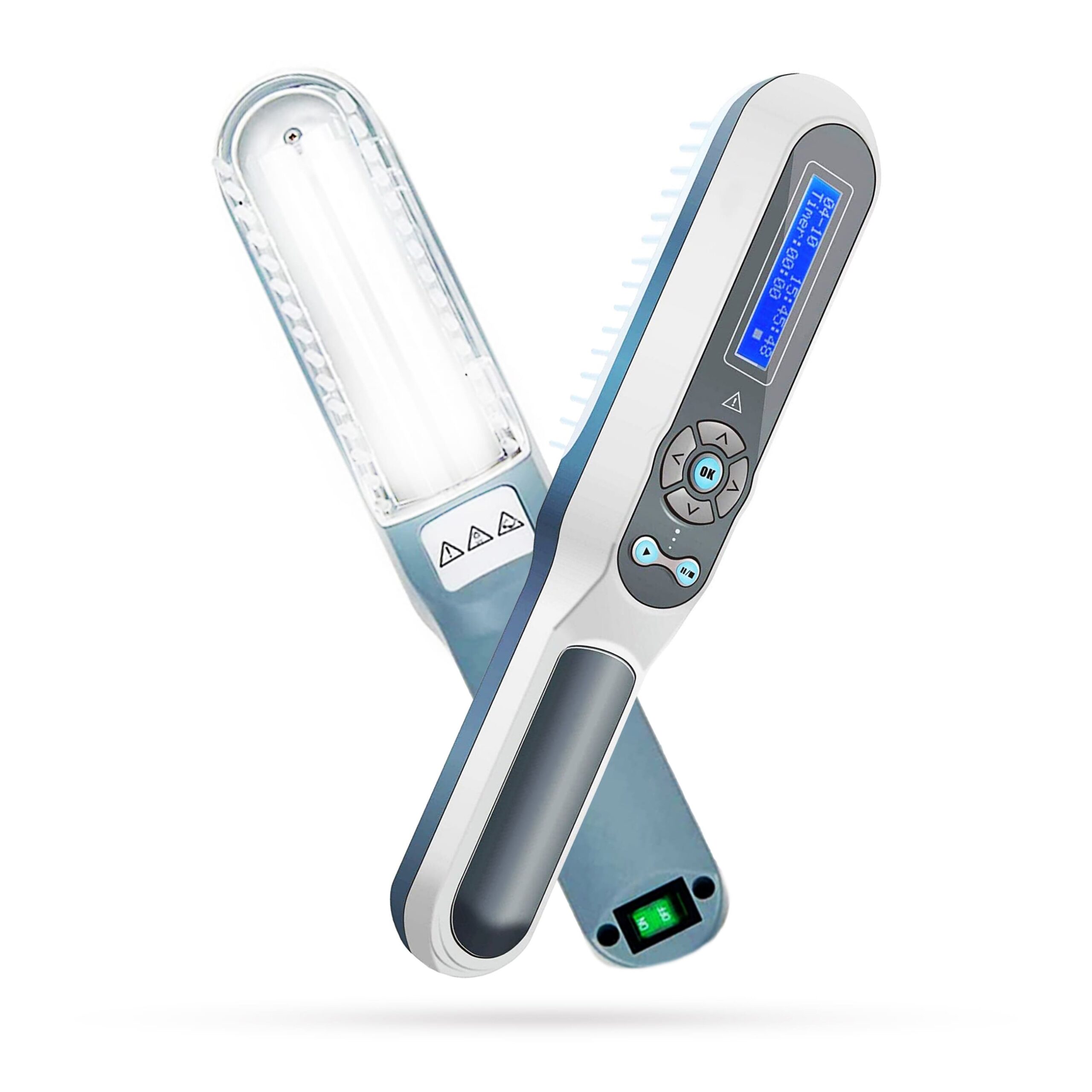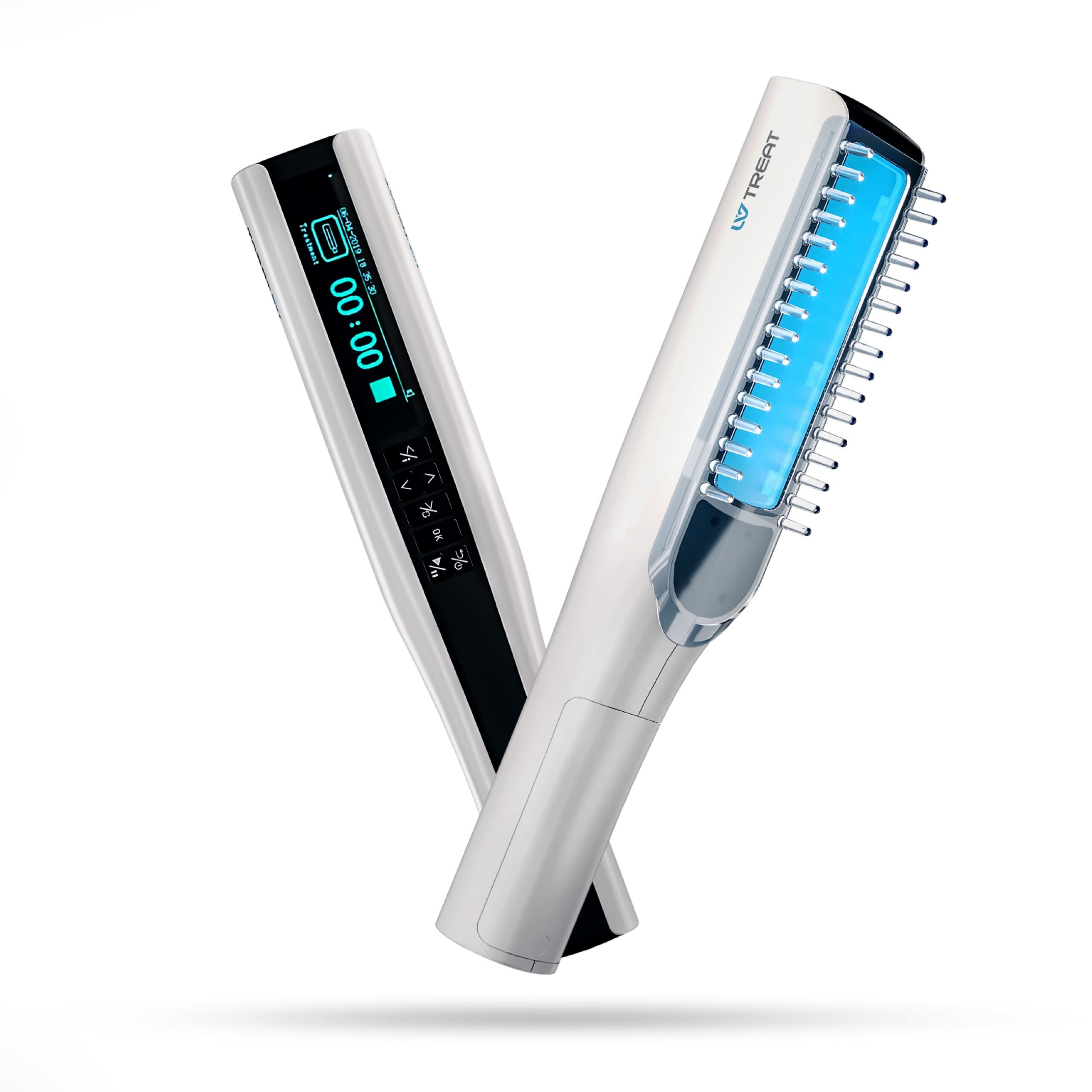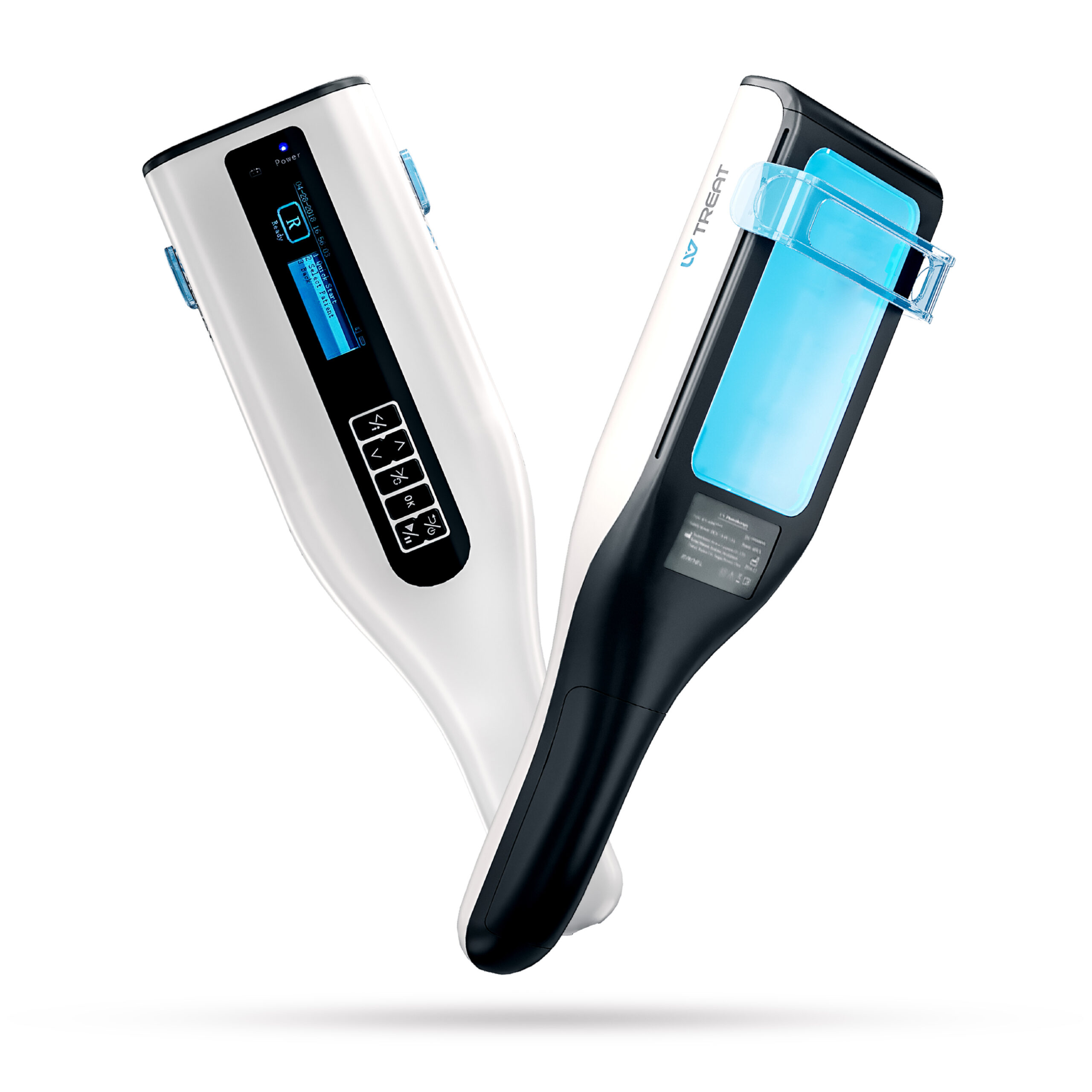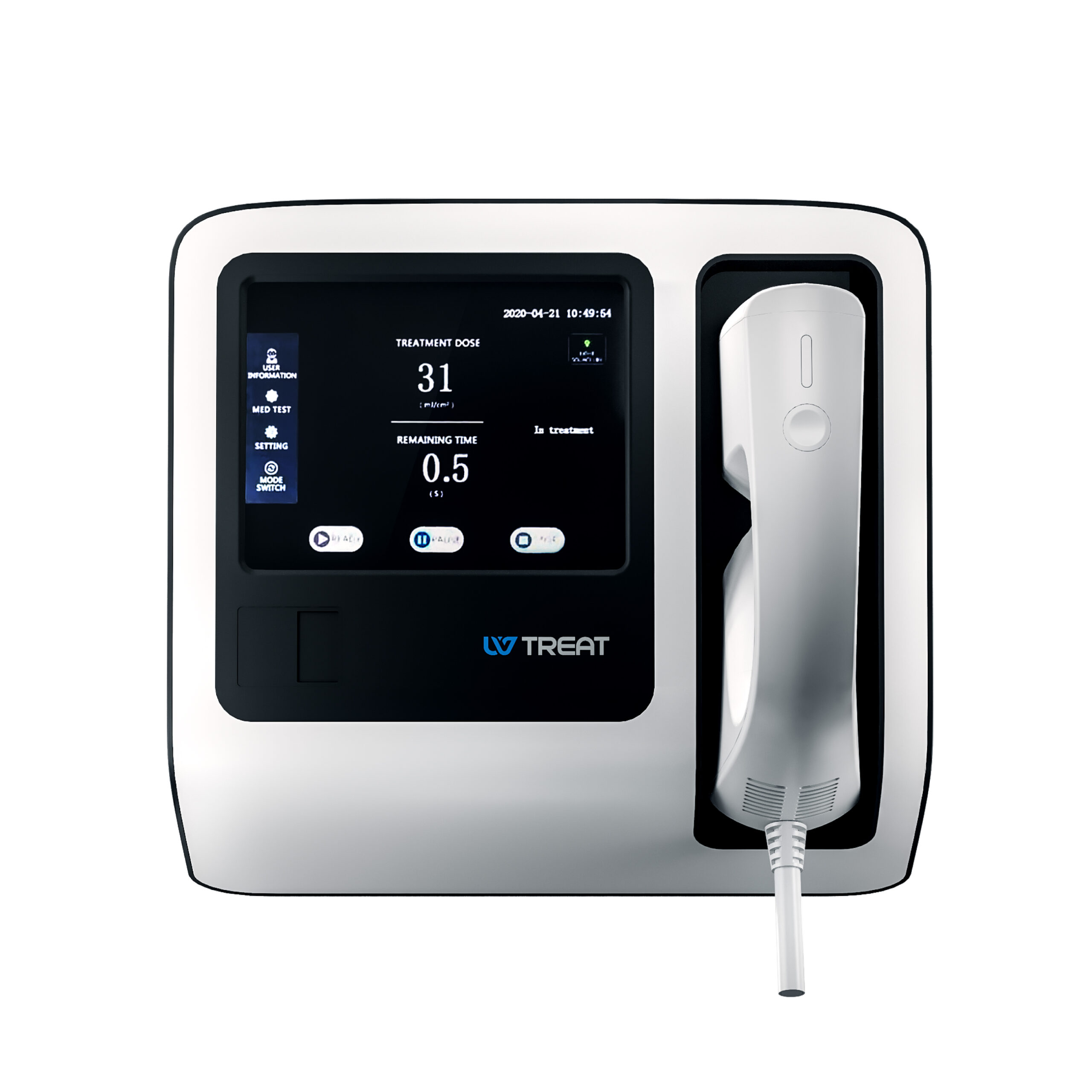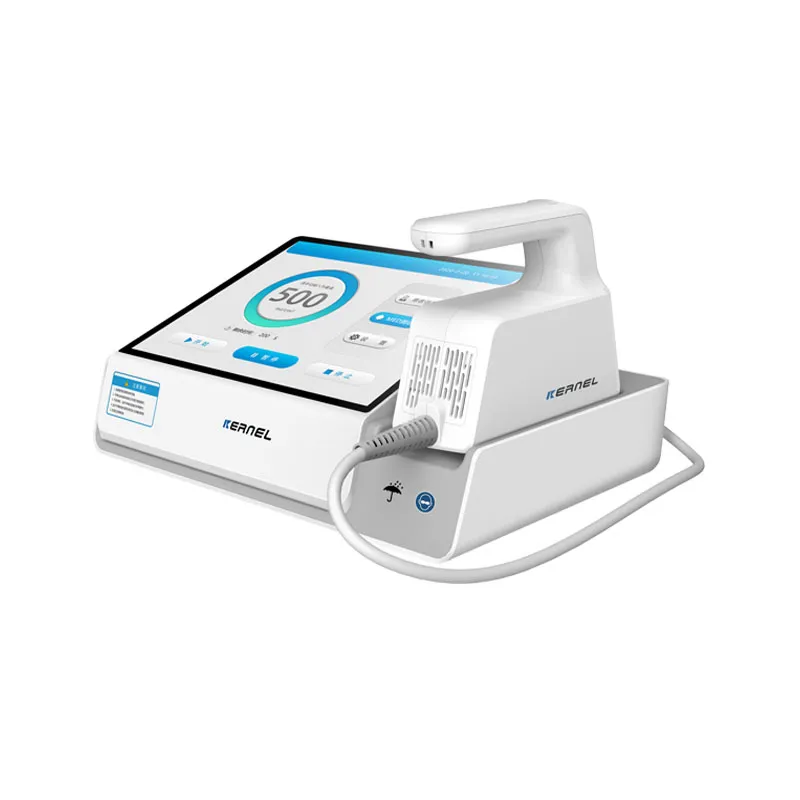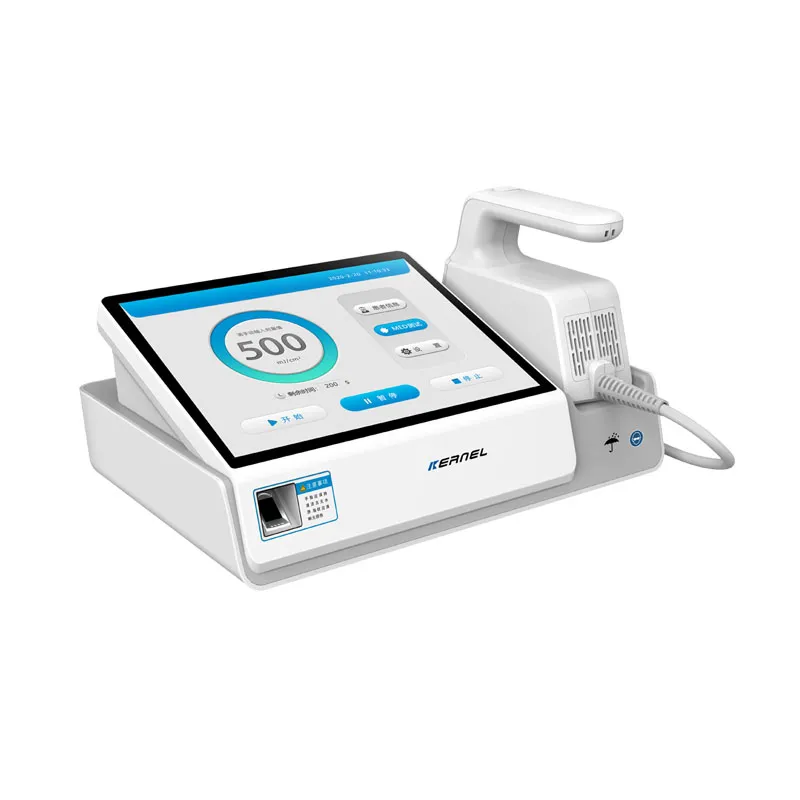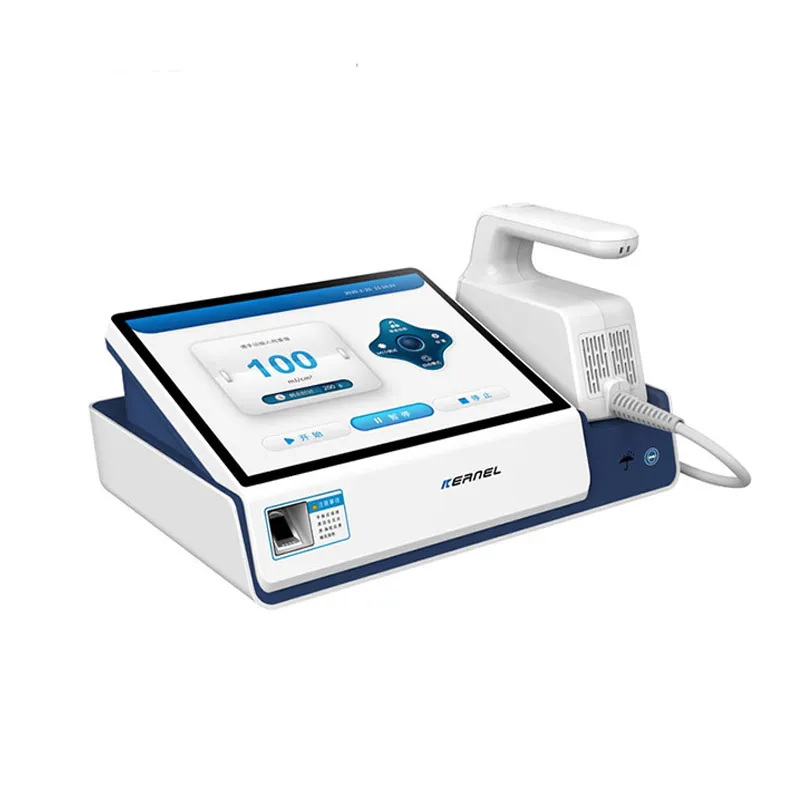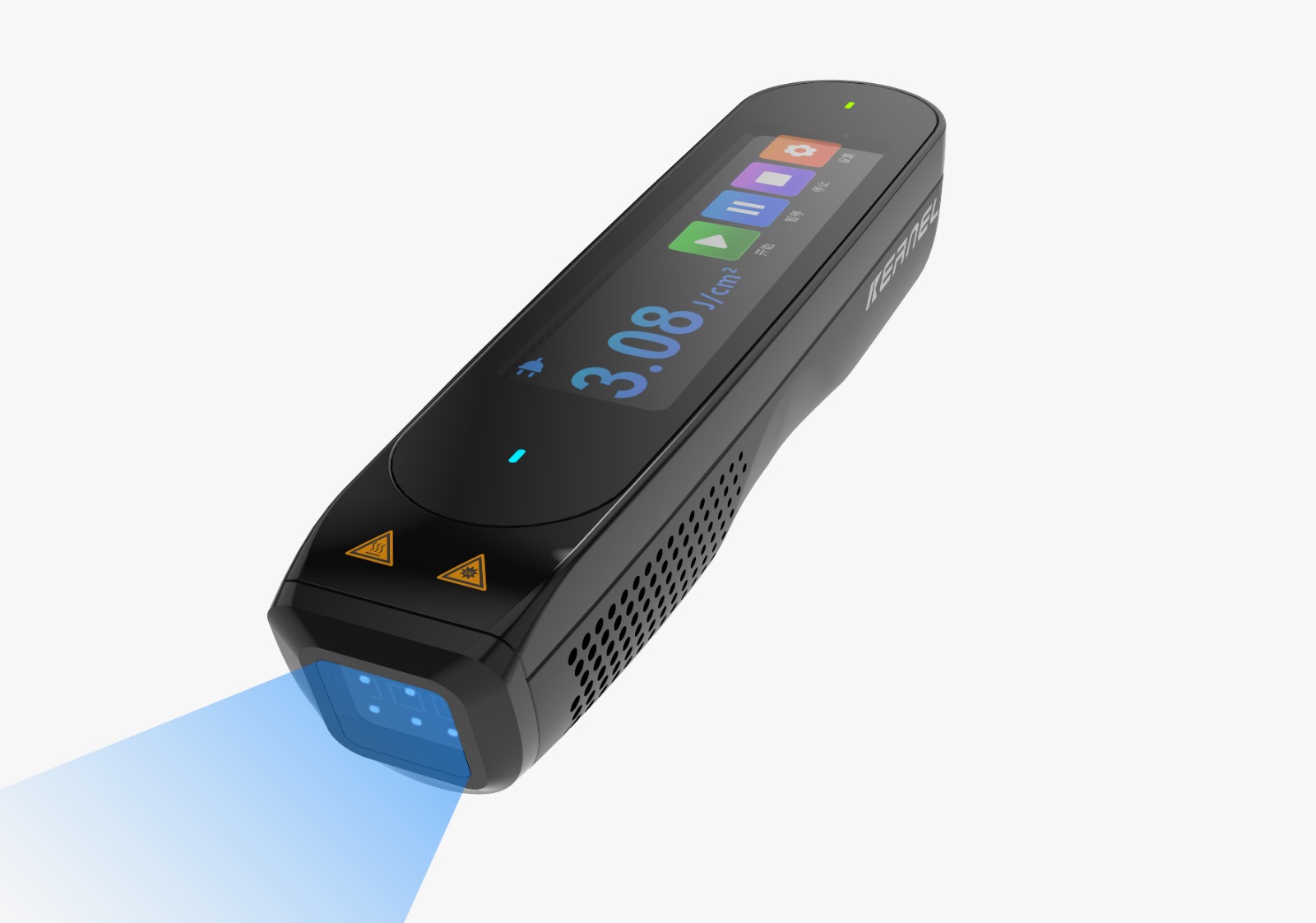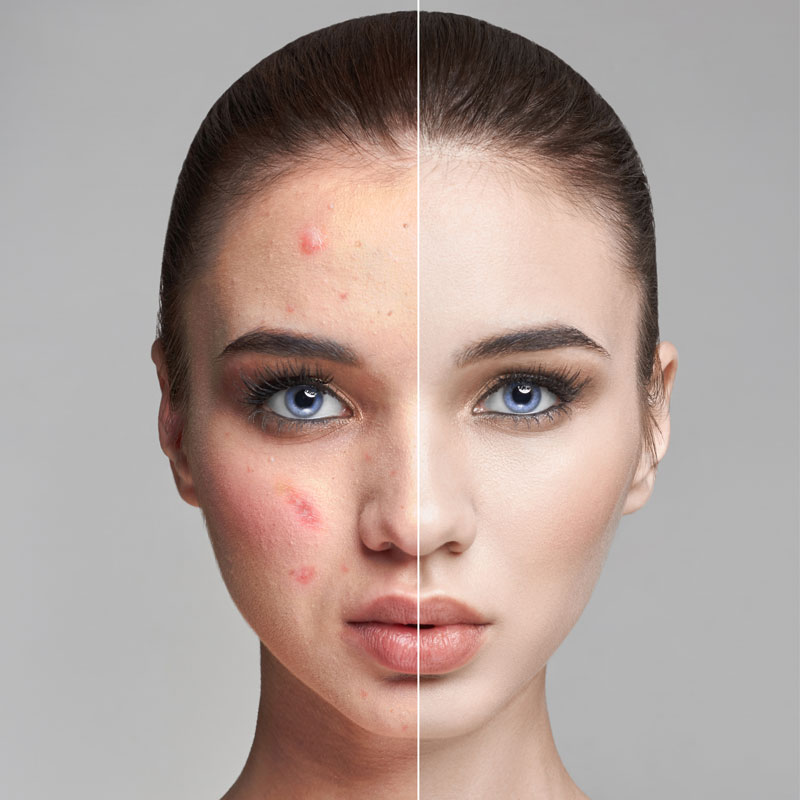Published on January 10, 2024
What Does Acne on your Cheeks Mean?

References
- Goulden, V., McGeown, C. H., & Cunliffe, W. J. (1997). The familial risk of adult acne: A comparison between first-degree relatives of affected and unaffected individuals. British Journal of Dermatology, 137(2), 270-273. Retrieved from https://doi.org/10.1111/j.1365-2133.1997.tb03706.x
- Zaenglein, A. L., Pathy, A. L., Schlosser, B. J., Alikhan, A., Baldwin, H. E., Berson, D. S., … & Thiboutot, D. M. (2016). Guidelines of care for the management of acne vulgaris. Journal of the American Academy of Dermatology, 74(5), 945-973.e33. Retrieved from https://doi.org/10.1016/j.jaad.2015.12.037
- Adebamowo, C. A., Spiegelman, D., Berkey, C. S., Danby, F. W., Rockett, H. H., Colditz, G. A., … & Willett, W. C. (2005). Milk consumption and acne in adolescent girls. Dermatology Online Journal, 11(2). Retrieved from https://escholarship.org/uc/item/77d4t5q4
- Jung, J. Y., Kwon, H. H., Hong, J. S., Yoon, J. Y., Park, M. S., Jang, M. Y., & Suh, D. H. (2014). Effect of dietary supplementation with omega-3 fatty acid and gamma-linolenic acid on acne vulgaris: A randomised, double-blind, controlled trial. Acta Dermato-Venereologica, 94(5), 521-525. Retrieved from https://doi.org/10.2340/00015555-1802
- Krutmann, J. (2016). The role of lifestyle in exacerbating acne. Journal of the European Academy of Dermatology and Venereology, 30(Suppl 1), 3-4. Retrived from https://doi.org/10.1111/jdv.13629
- Smith, R. N., Mann, N. J., Braue, A., Mäkeläinen, H., & Varigos, G. A. (2007). The effect of a high-protein, low glycemic-load diet versus a conventional, high glycemic-load diet on biochemical parameters associated with acne vulgaris: A randomized, investigator-masked, controlled trial. Journal of the American Academy of Dermatology, 57(2), 247-256. Retrieved from https://doi.org/10.1016/j.jaad.2007.01.046
- Taheri, S., Lin, L., Austin, D., Young, T., & Mignot, E. (2016). Short sleep duration is associated with reduced leptin, elevated ghrelin, and increased body mass index. PLoS Medicine, 1(3), e62. Retrieved from https://doi.org/10.1371/journal.pmed.0010062
- Zari, S., & Alrahmani, D. (2017). The association between stress and acne among female medical students in Jeddah, Saudi Arabia. Clinical, Cosmetic and Investigational Dermatology, 10, 503-506. Retrieved from https://doi.org/10.2147/CCID.S148499
- Dreno, B., Poli, F., Pawin, H., Beylot, C., Faure, M., Chivot, M., … & Morinet, P. (2012). Development and evaluation of a Global Acne Severity Scale (GEA Scale) suitable for France and Europe. Journal of the European Academy of Dermatology and Venereology, 26(1), 43-48. Retrieved from https://doi.org/10.1111/j.1468-3083.2011.04022.x
- Kim, K. E., Cho, D., & Park, H. J. (2016). Air pollution and skin diseases: Adverse effects of airborne particulate matter on various skin diseases. Life Sciences, 152, 126-134. Retrieved from https://doi.org/10.1016/j.lfs.2016.03.039
- Krutmann, J., Moyal, D., Liu, W., Kandahari, S., Lee, G. S., Nopadon, N., … & Seité, S. (2017). Pollution and acne: Is there a link? Clinical, Cosmetic and Investigational Dermatology, 10, 199-204. Retrieved from https://doi.org/10.2147/CCID.S131323
- Dunn, L. K., O’Neill, J. L., & Feldman, S. R. (2011). Acne in adolescents: Quality of life, self-esteem, mood, and psychological disorders. Dermatology Online Journal, 17(1). Retrieved from https://escholarship.org/uc/item/4hp8n68p
- Koo, J. Y. M. (1995). The psychosocial impact of acne: Patients’ perceptions. Journal of the American Academy of Dermatology, 32(5), S26-S30. Retrieved from https://doi.org/10.1016/0190-9622(95)91456-2
- Yazici, K., Baz, K., Yazici, A. E., Köktürk, A., Tot, S., Demirseren, D., … & Tanrıöver, A. (2004). Disease-specific quality of life is associated with anxiety and depression in patients with acne. Journal of the European Academy of Dermatology and Venereology, 18(4), 435-439. Retrieved from https://doi.org/10.1111/j.1468-3083.2004.00946.x
- Adebamowo, C. A., Spiegelman, D., Berkey, C. S., Danby, F. W., Rockett, H. H., Colditz, G. A., … & Willett, W. C. (2005). Milk consumption and acne in adolescent girls. Dermatology Online Journal, 11(2). Retrieved from https://escholarship.org/uc/item/77d4t5q4
- Bhate, K., & Williams, H. C. (2013). Epidemiology of acne vulgaris. British Journal of Dermatology, 168(3), 474-485. Retrieved from https://doi.org/10.1111/bjd.12149
- Collier, C. N., Harper, J. C., Cafardi, J. A., Cantrell, W. C., Wang, W., Foster, K. W., & Elewski, B. E. (2008). The prevalence of acne in adults 20 years and older. Journal of the American Academy of Dermatology, 58(1), 56-59. Retrieved from https://doi.org/10.1016/j.jaad.2007.06.045
- Thiboutot, D., Gollnick, H., Bettoli, V., Dréno, B., Kang, S., Leyden, J. J., … & Zaenglein, A. (2009). New insights into the management of acne: An update from the Global Alliance to Improve Outcomes in Acne group. Journal of the American Academy of Dermatology, 60(5), S1-S50. Retrieved from https://doi.org/10.1016/j.jaad.2009.01.019

